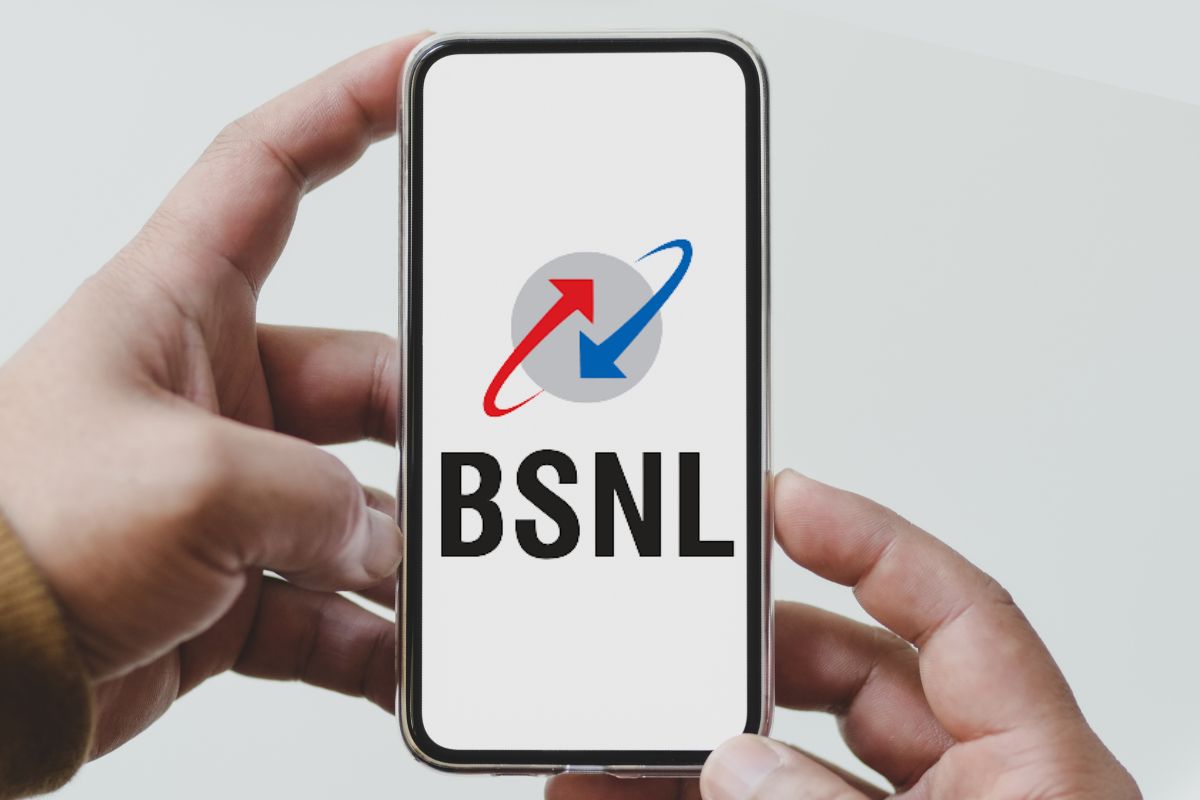5G services, which were formally introduced during the India Mobile Congress, are already accessible in a few Indian cities. With the introduction of 5G for its consumers in up to eight cities with one million users, Airtel is driving the adoption of 5G in India. At the airport in Bengaluru, Airtel 5G Plus is also totally accessible. Due to the restricted rollout of its True 5G network in only four locations, Reliance Jio, the largest telecom service provider in terms of consumers, is somewhat late. So, while the private telecom service providers are in the lead, the government-owned Bharat Sanchar Nigam Limited (BSNL) is having trouble bringing even 4G connections to every corner of the nation.
In Most Regions, BSNL Continues To Provide 3G Connectivity
The past several years have been turbulent for BSNL, which has had to contend with declining revenues, a lack of ability to retain the essential workforce, and numerous political challenges. When it came to providing the newest services to its clients, the state-run telecom business fell behind its rivals not by a few months but by years. As a result, users resorted to transferring to private companies like Airtel, Reliance Jio, and Vi (formerly Vodafone Idea). The bandwagon that was primarily fueled by the rising demand for data to run numerous devices and apps could not be joined by BSNL due to a lack of competent leadership. As a result, BSNL continues to provide 3G services in the majority of circles while private companies actively build out 5G throughout various locations. In an effort to reach every corner of India within a year, the corporation tested 4G services in a few southern Indian cities. Earlier this week, BSNL Chairman and Managing Director P.K. Purwar stated that the company would start rolling out 4G over all of India in November and start upgrading to 5G by August of the following year. In an earlier statement, the business predicted that 4G deployment would start in January 2019. However, there may have been a snag that could have delayed BSNL’s plans to fully offer 4G in India by 18 months. The Times of India claims that BSNL might still be looking for a partner to help it upgrade its network. Previously, the telecom provider accepted the proposal from the group that consists of the Tata Group, Tejas Networks, and the Centre for Development of Telematics (C-DOT). The consortium estimated that the total cost of the procedure would exceed Rs 20,000 crore. However, according to BSNL’s internal calculations, the total cost cannot exceed Rs 17,173 crore. BSNL is, therefore, vigilant. According to TRAI data, as of July 2022, this means that 57.27 million BSNL consumers will have to wait longer to access 4G services. Reliance Jio, Larsen & Toubro (L&T), Tech Mahindra, and Himachal Futuristic Communications Limited are the potential bidders (HFCL). Due to its locally created EPC (Evolved Packet Core), which can be later modified to offer 5G services without requiring a redo, Jio is most likely to become the top option. Since BSNL wants to launch 5G services as soon as August of next year and accelerate the spread of 4G, it needs an infrastructure that won’t need to be changed—especially in the space of such little time. The rollout has not started yet since BSNL has not chosen a partner to advance its network. November has come and gone. In the 5G area, BSNL has often claimed that the solutions it is working with will be easily upgradable to 5G. The telecom minister has already said that BSNL would be able to launch 5G in 2023 itself. BSNL will roll out 5G NSA (non-standalone) for the users.
